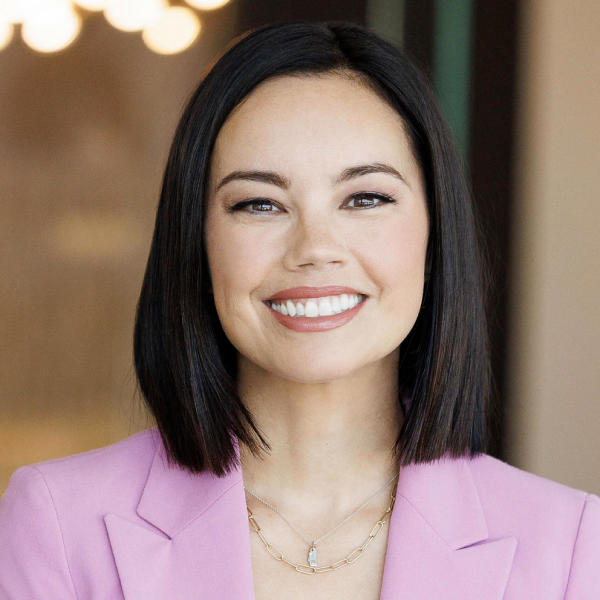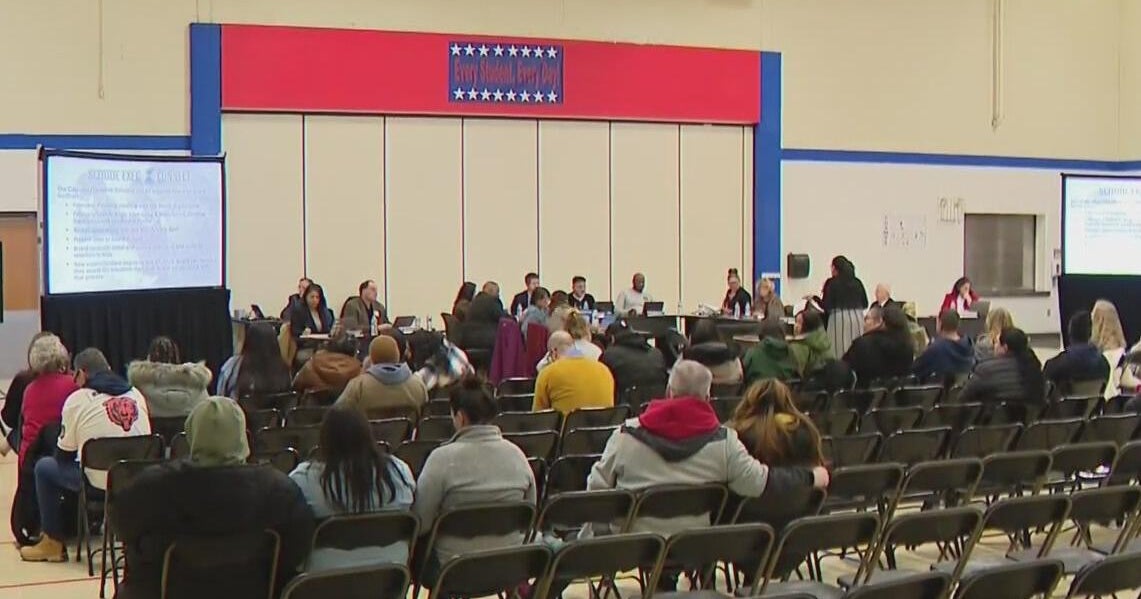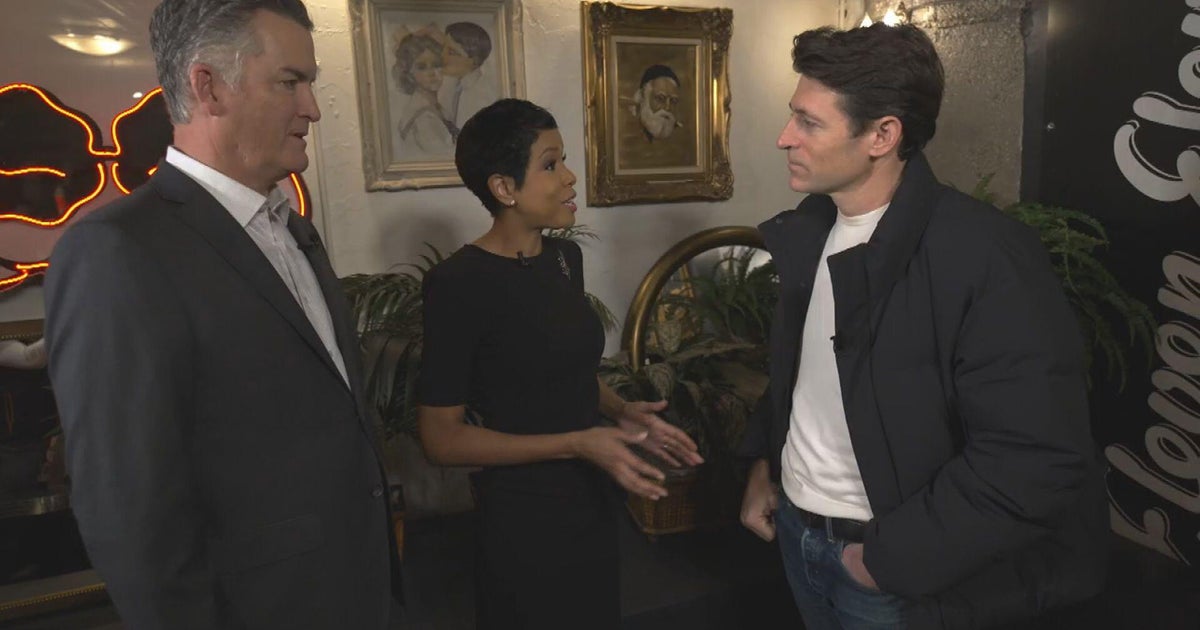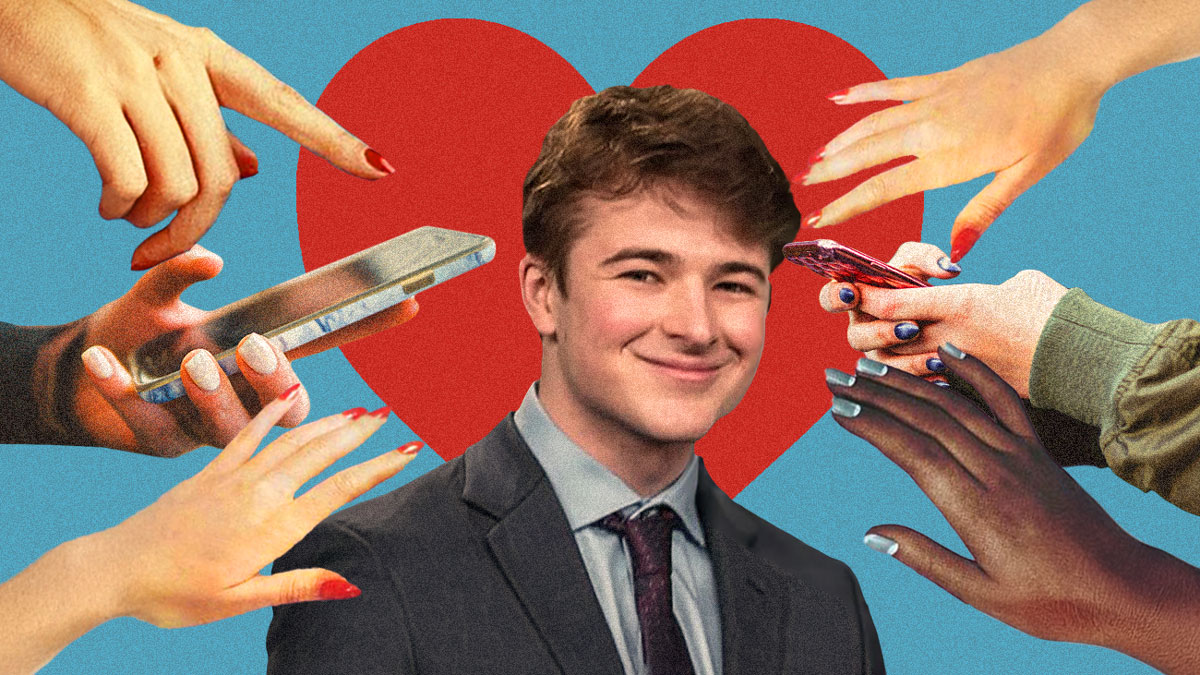Democrats turn to influencers to help share their message on social media
As social media feeds have become key battlegrounds in the race for the White House, Democrats are deploying a fleet of influencers to try to win over voters online.
Awa Sanneh made a name for herself dispensing beauty tips on TikTok. When the 23-year-old posted a video of her White House bathroom break, her half-million followers took notice.
"I was just shocked. I was like, did you guys see that marble?" Sanneh told CBS News.
Sanneh was one of a few dozen social media influencers who were invited to the White House to watch the State of the Union address and meet President Biden.
"He said to us, like, the collective presence in this room has more viewership on Gen Z than all of traditional media combined," she said.
She first heard from Democratic Super PACs, and then the Biden administration, after posting a video following the fall of Roe v. Wade that went viral.
"They started inviting me to their White House briefings on abortion rights, reproductive rights," Sanneh said.
On the right, Turning Point USA has mobilized influencers for years, raising nearly $200 million since 2020.
Now, Democratic organizations are flooding the creator community with cash and providing behind-the-scenes access.
"We just have to be working with them. And if we're not, we're missing a huge way that voters are getting information about the world," said Rob Flaherty, who ran digital strategy in the Biden White House and now for the presidential campaign of Vice President Kamala Harris.
He called the highly meme-able Harris a massive asset as the campaign reaches out to thousands of influencers.
'We give them talking points, resources, base language, you know, graphics that they could repurpose or lift," he said of their campaign's work with influencers.
And while Flaherty said the Harris campaign does not pay influencers directly, CBS News found a constellation of other Democratic political organizations that do.
In May, Future Forward — the super PAC supporting Harris — hosted panels like Gaming The Algorithm and How Advocacy Can Benefit Your Business. A spokesperson for the PAC did not respond to a request for comment.
Sanneh said she was hired last month by Protect Our Care, a progressive advocacy group that relies on anonymous donors. She made a video warning about Trump's second term agenda that she says the group helped her script.
She said she takes their talking points and puts them in her own voice, saying she always discloses when she's being paid.
While Sanneh would not say how much she's being paid, she did note, "A video just for a creator in my size, an average can go from $3,000 to $10,000 and upwards."
When it comes to hawking commercial products or sharing financial advice, federal rules require influencers to disclose when they are being paid. But in a rulemaking last December, the Federal Election Commission voted against similar requirements for influencers spreading political messaging.
Sam Woolley, the incoming Chair of Disinformation Studies at the University of Pittsburgh, says using influencers is "a bid by campaigns to create authenticity at a small scale."
But he also noted that if people notice "multiple influencers spreading the same exact message, you can start to realize like, 'hmm, some kind of coordination is going on.'"
For Sanneh, her next stop is the Democratic National Convention, where she and other influencers have been invited to make more content
"They just told us that if we wanted to put on our own show that they would give us all the resources to do that," Sanneh said.
When asked if she felt the Democrats were rolling out the red carpet for her and other influencers, she told CBS News, "Definitely, and I'm glad to be on it."






